Coral reefs around the world have been slowly dying due to the effects of climate change and rising sea temperatures, as well as growing local pressures such as pollution, fishing practices, and physical harm.
However, the northern Red Sea between Africa and Asia has acted as a “thermal refugia” that protect marine life from this imminent destruction, showing resistance to rising temperatures and stress induced by global warming, according to scientists. The phenomenon has piqued the interest of regional researchers – led by Israel – who are partnering for a unique trans-national collaboration on the study, monitoring, and protection of the Red Sea coral reef ecosystems.
The research partnership is the brainchild of Professor Maoz Fine, a marine biologist from the Mina and Everard Goodman Faculty of Life Sciences at Bar-Ilan University. Dubbed the Red Sea Transnational Research Center, it will include partners from Saudi Arabia, Egypt, Jordan, Eritrea, Sudan, Yemen, and Djibouti. Since Israel does not have formal ties with a majority of these countries – save Jordan and Egypt with which it has peace treaties – the center will be led by Switzerland’s Ecole Polytechnique Fédérale de Lausanne (EPFL), Bar-Ilan University said in a statement.
In March, the Swiss foreign minister inaugurated the center in Bern surrounded by diplomats and researchers from throughout the region. Prof. Fine believes that the idea of collaboration between these historically adverse nations through science is what motivated the Swiss government to participate, highlighting the idea of “diplomacy for science, and science for diplomacy,” he tells NoCamels.
“Reefs recognize no borders and are affected by any neighboring country. So, we have to take action and coordinate in order to solve the complex geopolitical situation in the region,” he says in a phone interview.
The center will unite scientists from a wide range of disciplines including oceanography, biology, genetics, ecology, geology, nature conservancy, civil and environmental engineering, the university said, and will make direct use of already existing research platforms such as the Inter-University Institute for Marine Sciences in Eilat and the Jordanian Marine Station in the Gulf of Aqaba. New monitoring stations will also be created.
“In the last 30 years, we have lost 50 percent of the coral reefs worldwide, and it is expected that by 2050, we will only have 10 percent of reefs left,” Prof. Fine tells NoCamels.
Changes in temperature due to climate change and increased pollution and runoff from the industrialized world are the main culprits. These stress the microscopic algae that feed and give color to coral, causing the algae to dissociate and leave coral tissue unprotected. This results in “coral bleaching,” a phenomenon that leads to the death of a coral reef, and with it the destruction of an entire ecosystem housing millions of marine species.
But there might still be some hope. Independent studies by scientists including Prof. Fine and his colleagues, Profs. Anders Meibom, Dan Barshis, Chris Voolstra, have found that the coral reefs in the Red Sea are the most likely to survive rising water temperatures due to their unique geological settings and environmental history. This phenomenon is due mostly to the fact that the coral in the northern Red Sea evolved to adapt to drastic temperature changes, as it had to first settle in the very hot southern part of the Red Sea before drifting north into cooler regions. Most coral reefs around the world will experience bleaching with a sea temperature change of between 1-2 degrees, but the coral reefs in the Red Sea have had to adapt to withstand a temperature change of about six degrees, Prof. Fine explains.
Sign up for our free weekly newsletter
Subscribe“The relatively narrow sea is surrounded by countries and people who are directly dependent on the well-being of the coral reefs. At the same time, the proximity of urban areas and tourism to the reef may inflict damage to it if we aren’t wise enough to coordinate our actions when using this asset,” Prof. Fine said in a university statement. “Our lab at Bar-Ilan University and the Interuniversity Institute for Marine Sciences in Eilat is focused on understanding resilience and how local disturbances adversely affect this unique resilience to global change,” he added.
Nevertheless, the reefs still face potentially drastic threats such as fish-farming, agricultural runoff, industrial and urban waste discharge, and potential future seawater desalination activities. The center will monitor and protect the unique ecosystems through research into their health and biodiversity, the university said, and by creating a platform for research on the environmental impact of socio-economic developments along the shores of the Red Sea such as agriculture, urbanization, coastal infrastructure, fishing, and industrialization.
“The research will provide policy and lawmakers in the region with scientific analyses for decision-making regarding key societal developments and environmental protection strategies,” Bar-Ilan University said.
Research on northern Red Sea coral reefs could potentially benefit coral reefs worldwide. If scientists can understand and pinpoint which genes were selected to allow the coral to adapt, they may be able to help facilitate the revival of coral in other regions.
SEE ALSO: Could Jellyfish Help Rid Our Waters Of Plastic Waste? Israeli Scientists Are On It
Prof. Fine expects research to start within a year but hopes to begin as soon as possible.
“We must coordinate our actions for the benefit of future generations,” Prof. Fine tells NoCamels, “The Red Sea is a source of income to many inhabitants. It provides, food, tourism, medicine – it is part of the livelihood. Without coordination, we fear the reefs will be destroyed like in other parts of the world.”
Related posts

Editors’ & Readers’ Choice: 10 Favorite NoCamels Articles

Forward Facing: What Does The Future Hold For Israeli High-Tech?

Impact Innovation: Israeli Startups That Could Shape Our Future


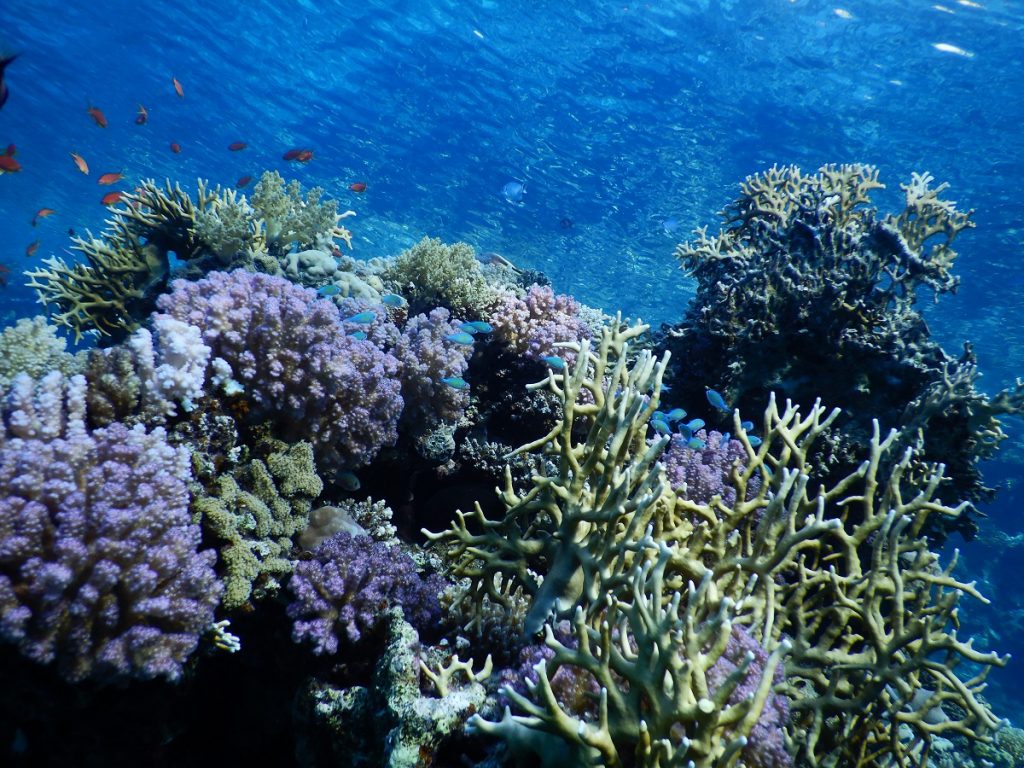
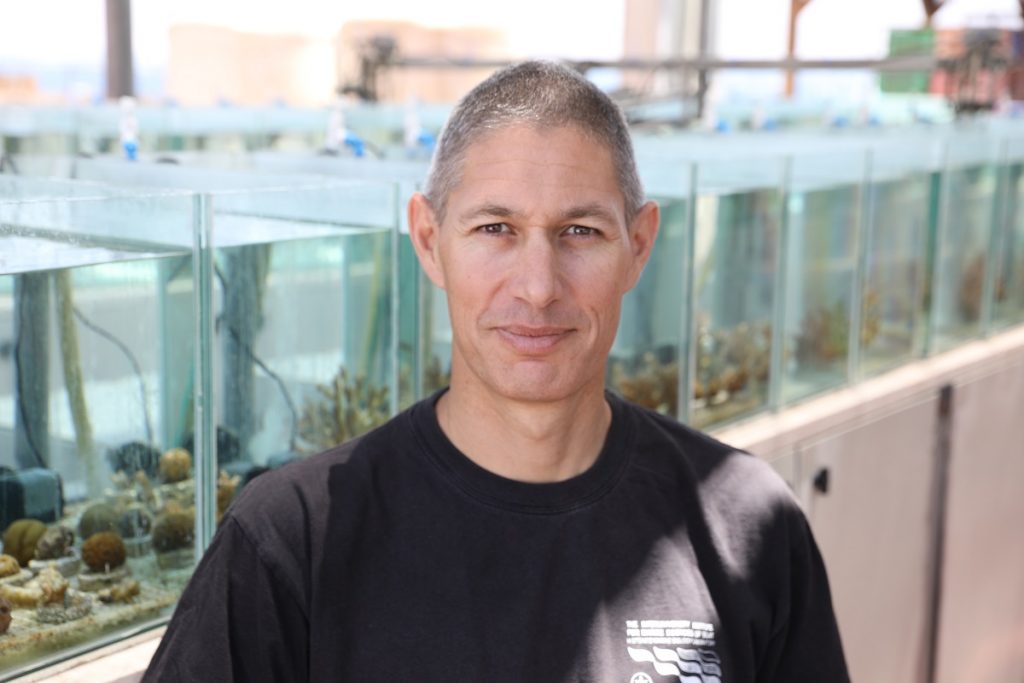
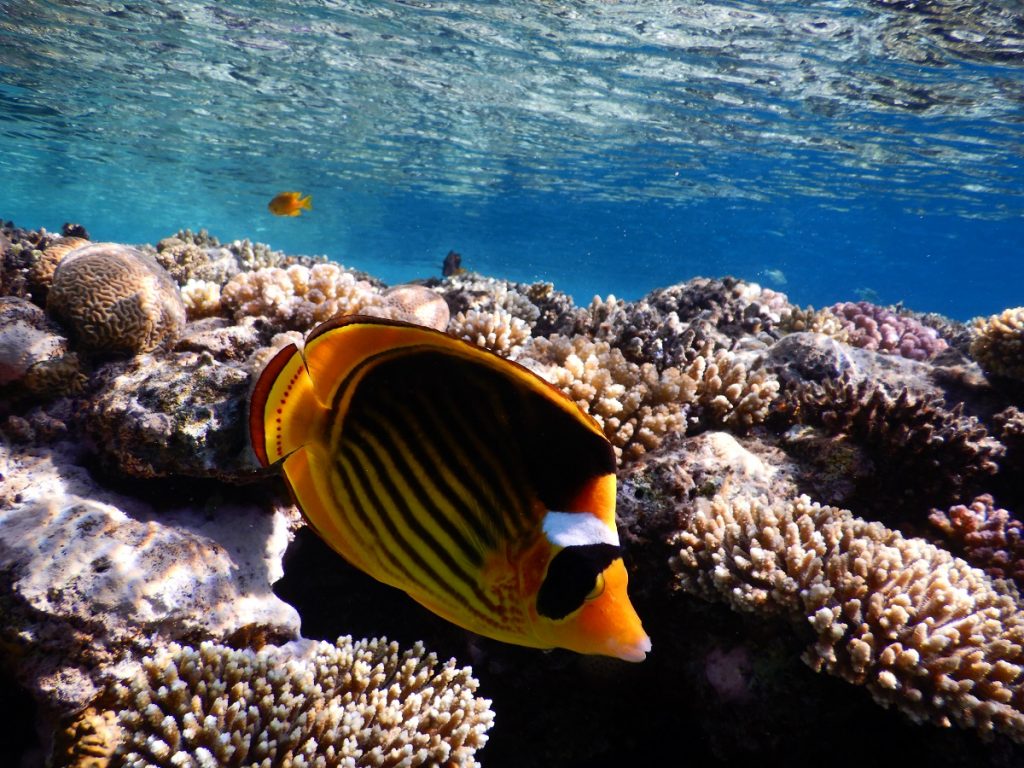
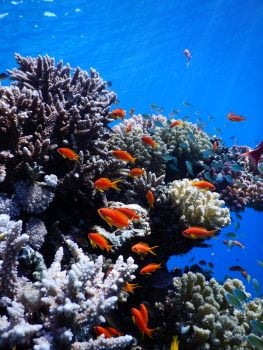
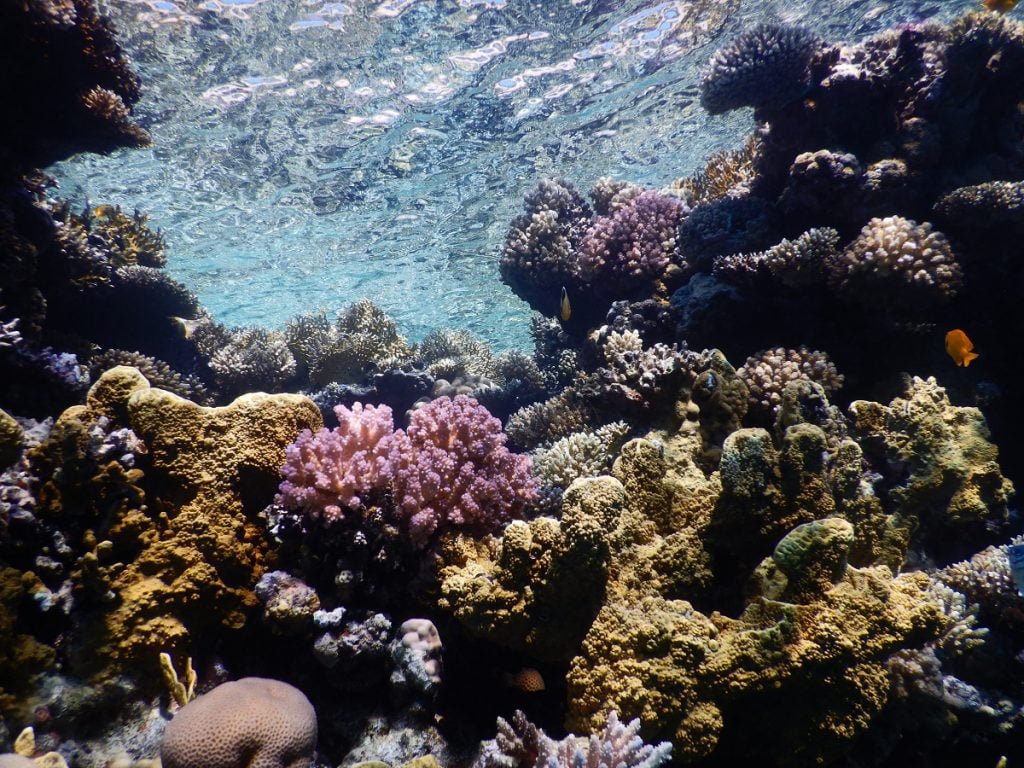

Facebook comments